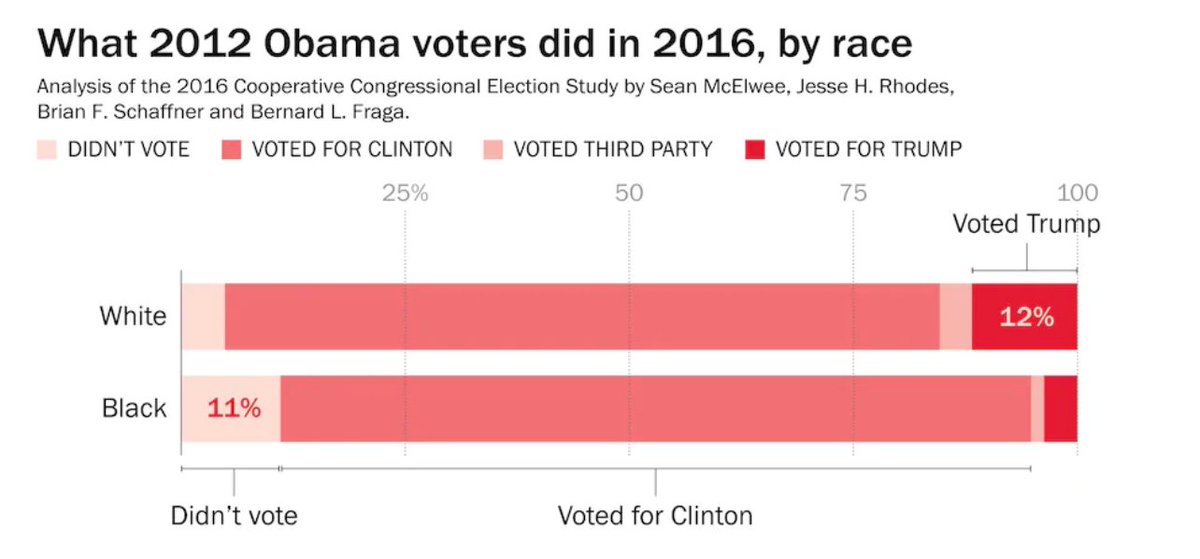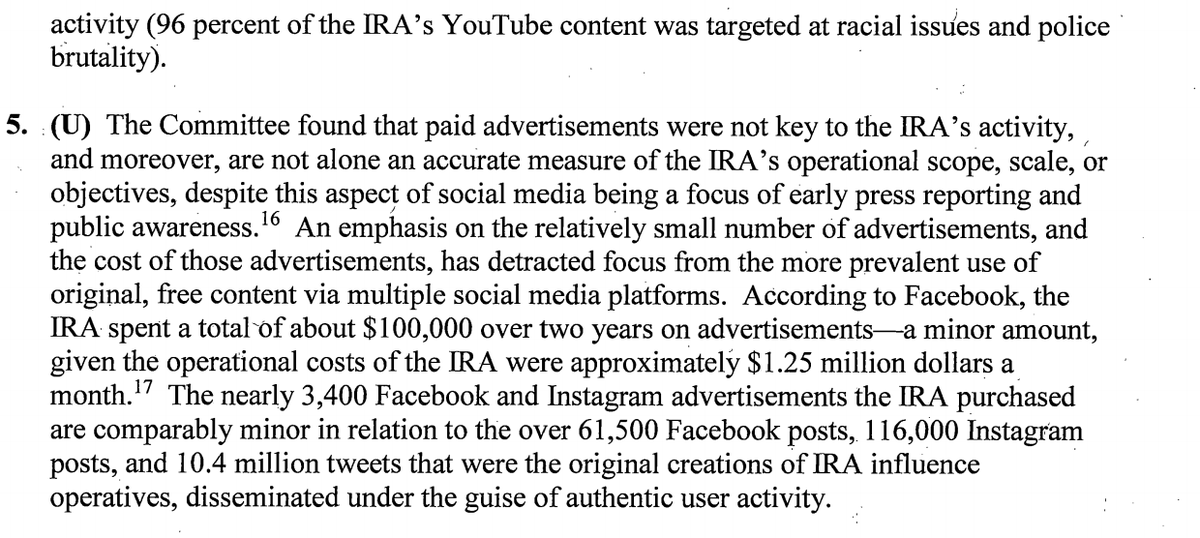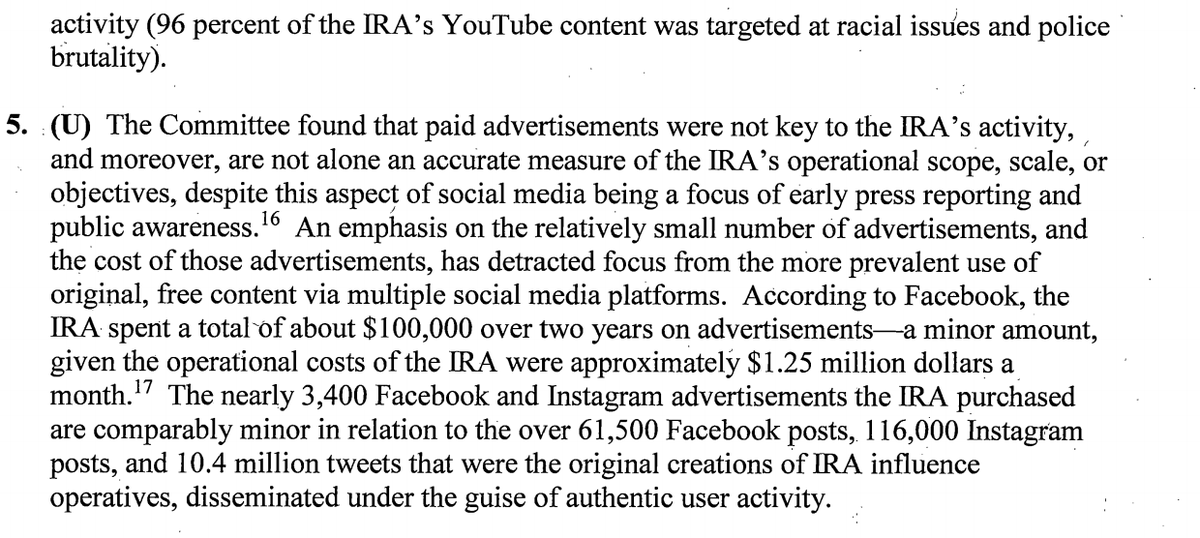I& #39;d like to reply personally--genuinely, I would--to everyone who took time out of his or her busy schedule yesterday to share his or her thoughts with me about our political mood and the upcoming federal election.
While some of those replies must have been bot activity, most of it was probably human. That& #39;s to say, real people prioritized talking to me above talking to their families, thier friends, and other pressing commitments. During a pandemic, at that. I& #39;m touched by that.
I truly wish I could sit down with every single one of you, one on one, and get to know you. (People on Twitter who& #39;ve known me for a long time will attest that I genuinely mean that.) Unfortunately, my replies were flooded. Thousands of people wrote.
So I can& #39;t possibly have the conversation I& #39;d like to have with all of you. Let me then answer, generically, some of the questions and comments that came up. Sort of a FAQ. I& #39;ll start with some of the less interesting comments.
Q: "Shut up, white woman." (Or variations thereupon.)
A) While I& #39;m sure you didn& #39;t mean to sound offensive (and no offense taken, we& #39;re cool) someone less equanimous might well be offended by this kind of language. I sincerely don& #39;t recommend addressing anyone this way.
A) While I& #39;m sure you didn& #39;t mean to sound offensive (and no offense taken, we& #39;re cool) someone less equanimous might well be offended by this kind of language. I sincerely don& #39;t recommend addressing anyone this way.
I would try, instead, some pleasant small talk (you can& #39;t go wrong with sports, a conversation about the weather, or talk about your pets.) Get to know the person you& #39;re talking to before hurling racial epithets. Some people can be very touchy about race.
Then, if you& #39;d like to discuss someone& #39;s ethnicity (and please note, mine is not necessarily "white"--indeed, my ethnicity is exotic enough that white supremacists exterminated the better part of my family), I& #39;d suggest opening with an honest, curious question--
Perhaps, "Hey, Claire--are you white?"
Now, strictly speaking, my view is that on Twitter, skin color really doesn& #39;t matter. I could put up a picture of Kareem Abdul-Jabbar, or an egg, and you& #39;d be none the wiser.
Now, strictly speaking, my view is that on Twitter, skin color really doesn& #39;t matter. I could put up a picture of Kareem Abdul-Jabbar, or an egg, and you& #39;d be none the wiser.
Twitter really does force us all to deal with the content of each others& #39; character, not the color of our skin.
Also, the words "Shut up" can be off-putting. If you& #39;re trying to open a dialogue, I& #39;ve found these words more helpful:
"Tell me more,"
Also, the words "Shut up" can be off-putting. If you& #39;re trying to open a dialogue, I& #39;ve found these words more helpful:
"Tell me more,"
Or, "That& #39;s really interesting, what do you mean by that?"
If you don& #39;t want to hear what I have to say, of course, just don& #39;t follow me. I would never presume to force you to listen to me.
And if you actually, literally, want me to shut up, may I suggest you ask yourself why?
If you don& #39;t want to hear what I have to say, of course, just don& #39;t follow me. I would never presume to force you to listen to me.
And if you actually, literally, want me to shut up, may I suggest you ask yourself why?
Why would you want *anyone* (presuming they& #39;re not, say, in your apartment, or making noise on the street below it while you& #39;re trying to sleep), to "Shut up?"
I& #39;m sure you didn& #39;t mean it this way,
I& #39;m sure you didn& #39;t mean it this way,
but telling someone on the other side of the Atlantic to "shut up" sounds as if you have little tolerance for pluralism or views with which you disagree.
Obviously, that& #39;s not a much of an advertisement for your political views. Especially when you& #39;re talking to Americans.
Obviously, that& #39;s not a much of an advertisement for your political views. Especially when you& #39;re talking to Americans.
I mean, if you& #39;re American, you know this. Robust protection for political speech is baked deep into the American Constitution and its psyche. And you know the cliché about opinions being like assholes, etc.
So ... I don& #39;t think that& #39;s a winning point.
So ... I don& #39;t think that& #39;s a winning point.
Q: You& #39;re rich and privileged, so what do you know?
A: I& #39;m so privileged. For sure. I& #39;ve made it to the age of 53 in good health. Knock wood. Thank God. I& #39;ve got a roof over my head and food to eat. I& #39;m also American, which until our recent, vertiginous descent into madness--
A: I& #39;m so privileged. For sure. I& #39;ve made it to the age of 53 in good health. Knock wood. Thank God. I& #39;ve got a roof over my head and food to eat. I& #39;m also American, which until our recent, vertiginous descent into madness--
made me *insanely* privileged.
In the scope of human history, all of this makes me one of the most privileged members of the species to have ever walked the planet. (If you& #39;re hungry or homeless, you& #39;re less privileged. If you send me a DM, I& #39;ll try to help.)
In the scope of human history, all of this makes me one of the most privileged members of the species to have ever walked the planet. (If you& #39;re hungry or homeless, you& #39;re less privileged. If you send me a DM, I& #39;ll try to help.)
I am not, however, rich.
If I were, mind you, it would have *no bearing whatsoever* on the soundness of my arguments. But if you think that I am rich and therefore unable to empathize with those who aren& #39;t, your argument is not on firm footing.
If I were, mind you, it would have *no bearing whatsoever* on the soundness of my arguments. But if you think that I am rich and therefore unable to empathize with those who aren& #39;t, your argument is not on firm footing.
If we assume empathy is inversely correlated to wealth, then logically, I& #39;m afraid, we must conclude I possess the wisdom of Solomon.
But I have a sneaking suspicion that many of the people who have suggested to me that I& #39;m rich--
But I have a sneaking suspicion that many of the people who have suggested to me that I& #39;m rich--
and therefore wrong--would not win in this battle of the bank balances (especially if we compared our debt).
If you truly think that being poor makes someone& #39;s arguments better, let& #39;s settle this with a display of our tax returns. Are you game?
If you truly think that being poor makes someone& #39;s arguments better, let& #39;s settle this with a display of our tax returns. Are you game?
Q. You live in Paris, so what do you know?
A. Now, that& #39;s a good question. It& #39;s one I& #39;ve written a lot about, actually. Can someone who has lived overseas as long as I have really understand her own country?
A. Now, that& #39;s a good question. It& #39;s one I& #39;ve written a lot about, actually. Can someone who has lived overseas as long as I have really understand her own country?
I& #39;ve written about that here, for example:
https://claireberlinski.substack.com/p/the-sick-man-of-europe
And">https://claireberlinski.substack.com/p/the-sic... here: https://claireberlinski.substack.com/p/an-interview-with-david-berlinski
I">https://claireberlinski.substack.com/p/an-inte... certainly do think that because I& #39;ve been living abroad for a long time, I have a different view of the United States than people who don& #39;t.
https://claireberlinski.substack.com/p/the-sick-man-of-europe
And">https://claireberlinski.substack.com/p/the-sic... here: https://claireberlinski.substack.com/p/an-interview-with-david-berlinski
I">https://claireberlinski.substack.com/p/an-inte... certainly do think that because I& #39;ve been living abroad for a long time, I have a different view of the United States than people who don& #39;t.
I am definitely less well-informed than many Americans about the texture of life in the US in 2020--although I& #39;d note that people who live in rural Appalachia and people who live in Brooklyn don& #39;t seem to know all that much about the texture of each others& #39; lives, either.
On the other hand, I& #39;m generally *more* informed about what a country experiencing democratic decline looks like, and--critically--how much worse it can get. If you think the US in 2020 is hell, you might want to ask me what I& #39;ve seen.
Many of my concerns about the US are owed to the experience of living through other democratic collapses elsewhere. There are circles of hell. The US in 2020 is not the inner circle.
Likewise, I& #39;m often better-informed about the effect of US policy on people who don& #39;t live in the US--and can& #39;t even vote in its elections.
So, six of one, half a dozen of the other, you could say. But frankly, it doesn& #39;t really matter:
So, six of one, half a dozen of the other, you could say. But frankly, it doesn& #39;t really matter:
because whether my view is well-informed or not, I& #39;m a US citizen and I vote. There are 9 million more like me. Did you realize the American diaspora was that big? I& #39;ve written about this:
https://twitter.com/ClaireBerlinski/status/1295969512320360449
Together,">https://twitter.com/ClaireBer... we& #39;d make up the 12th-biggest state. (To be continued.)
https://twitter.com/ClaireBerlinski/status/1295969512320360449
Together,">https://twitter.com/ClaireBer... we& #39;d make up the 12th-biggest state. (To be continued.)
The way we vote matters.
And if there& #39;s one thing that gets diasporic Americans hopping mad, it& #39;s being told we& #39;re not real Americans because we live abroad.
Because we& #39;re taxed like real Americans.
And if there& #39;s one thing that gets diasporic Americans hopping mad, it& #39;s being told we& #39;re not real Americans because we live abroad.
Because we& #39;re taxed like real Americans.
There are only two countries in the world that tax their overseas citizens just like their domestic ones: The US and Eritrea. So unless you& #39;d like to liberate us from this burden, it& #39;s really incumbent upon you to treat us like fellow citizens.
Q: "Please don& #39;t tag me into patronizing threads lecturing Black people on what *we* need to do to ensure Trump does not win. Imagine telling Black people to respond "intelligently" when 90 % of Black Americans voted against Trump while a majority of white Americans vote for."
She asked not to be tagged, so I won& #39;t, but that was Nicole Hannah Jones. A shame she doesn& #39;t want to talk about this, and I dislike the passive-aggressiveness of subtweeting, but but I won& #39;t force myself on her, obviously.
Black Americans are citizens of the United States.
Black Americans are citizens of the United States.
What Black Americans do significantly affects the United States. Indeed, it& #39;s her own, very famous, thesis that this is insignificantly appreciated. In 2016, many Black Americans didn& #39;t vote at all. Had they done so, Trump wouldn& #39;t be in power.
The Obama-to-Trump voter pool was overwhelmingly white. The Obama-to-nonvoting pool disproportionately black. Trump’s margin of victory was one of the narrowest in US history--it came down to about 78,000 votes in three states.
The way Black people vote, or don& #39;t, affects every American citizen, and because the US is a superpower, the world. I reject wholeheartedly the idea that I& #39;m only allowed to tell white people how to vote. Why? Because your vote affects me.
Black turnout in 2016 was about 60 percent, just under turnout in 2004 and well under turnout rates in 2008 and 2012. Black Americans were targeted by sophisticated efforts to suppress their vote--including, notably, by Russia: https://www.intelligence.senate.gov/sites/default/files/documents/Report_Volume2.pdfNicole">https://www.intelligence.senate.gov/sites/def...
Hannah-Jones did *not* say the following words, I want to make this very clear. I& #39;m talking about another interlocutor entirely, who told me that I should "stay out of Black folks& #39; business."
A few points about this: https://twitter.com/Childspleasee/status/1300341692952989696">https://twitter.com/Childsple...
A few points about this: https://twitter.com/Childspleasee/status/1300341692952989696">https://twitter.com/Childsple...
From what I can tell (based on photographs, which isn& #39;t a good basis--many may be bots) the black people who agreed with my argument vastly outnumbered the black people who disagreed. (Only the latter claimed to speak on behalf of all black people.)
Now, this is not a well-conducted poll, or even something I& #39;d accept as "evidence." The problem with assessing "majority black sentiment" by replies and likes a Twitter post is obvious (and if it isn& #39;t, I& #39;ll explain why), but clearly, no one speaks for all black people.
If you purport to speak on behalf of everyone with dark skin, you may want to examine your priors. It& #39;s also just a creepy sentiment. I don& #39;t speak for white people, or Jews, or women, or people who live in Paris, or the near-sighted, and I don& #39;t because--I don& #39;t.
Q: Your job as a white person is not to lecture protesters or people who feel like they are fighting for the lives of themselves & their families. Your job as a white person is to talk to your family, white friends and neighbors & explain to them why they should support BLM.
A. It& #39;s *seriously weird and creepy* to think this way. (I didn& #39;t make that up, it& #39;s here: https://twitter.com/JennDoubleu/status/1300136520284868608)
My">https://twitter.com/JennDoubl... "job" as a white person?
My">https://twitter.com/JennDoubl... "job" as a white person?
And recall: My "lecture" involved telling people--black *and* white--that violence and antisocial behavior were a) wrong; and b) function as Trump re-election campaign videos.
Q: Rioting is the "voice of the unheard."
A. Have a good long think. There& #39;s an election coming up on November 3. That& #39;s a chance for a lot of unheard people to have a voice. Including you. But also including people who don& #39;t like looting.
A. Have a good long think. There& #39;s an election coming up on November 3. That& #39;s a chance for a lot of unheard people to have a voice. Including you. But also including people who don& #39;t like looting.
My apparently most controversial point--to wit, that the way black people behave between now and the election will influence swing voters--is not actually controversial at all, and is in fact implied by the very arguments people are making to tell me to "shut up."
If you believe that the single most important thing about the US is that it& #39;s a system of white supremacy--a debatable proposition, but let& #39;s assume it--then you surely believe white Americans are white supremacists. (How can a white supremacy work without white supremacists?)
But inarguably, white supremacists can be persuaded to vote in ways that are *more* or *less* likely to diminish white supremacy. If this weren& #39;t true, no one would have voted for candidates who opposed, serially, slavery, segregation,
and many other constitutional and legislative reforms that diminished white supremacy. Right? Does anyone disagree?
I believe that the number of Americans who formally adhere to a doctrine of white supremacy is small, but the number with vaguely racist prejudices is high.
I believe that the number of Americans who formally adhere to a doctrine of white supremacy is small, but the number with vaguely racist prejudices is high.
It& #39;s high enough that Trump could be elected--not by a majority, but with enough of a minority to capture the electoral college. Do I like this? No, I don& #39;t. My belief in the basic goodness and sense of the American people was destroyed by his election.
But what is the sensible thing to do with this knowledge? NB: Nicole Hannah Jones did *not* say the following to me, and I stress this she did not that there be no confusion at all.
But others did:
But others did:
Some replied that they believe the sensible response is to commit violence, riot, and burn things mere months before what is, in my view, apt to be *our last hope* of removing him from power peacefully and Constitutionally.
I believe this is nuts.
I believe this is nuts.
I don& #39;t think this is sensible at all. It makes no sense to argue, simultaneously, that Americans are pathologically racist and America needs police reform" *and* "The best way to make them stop being racist and commit to reforming the police is to commit violence."
Q: ... Do you think [we, presumably meaning Black Americans, but perhaps meaning all Americans] we& #39;re not autonomous human beings who make decisions? Do you think we& #39;re easily fooled abd manipulated? Do you not think we& #39;re just as smart and capable as other races?
A. Assuming you mean Black Americans, I very much believe you& #39;re autonomous human beings who make decisions. But yes, I do indeed think people in general--including Black people--are easily fooled and manipulated.
And if you need evidence of that, look no further than the White House.

 Read on Twitter
Read on Twitter






